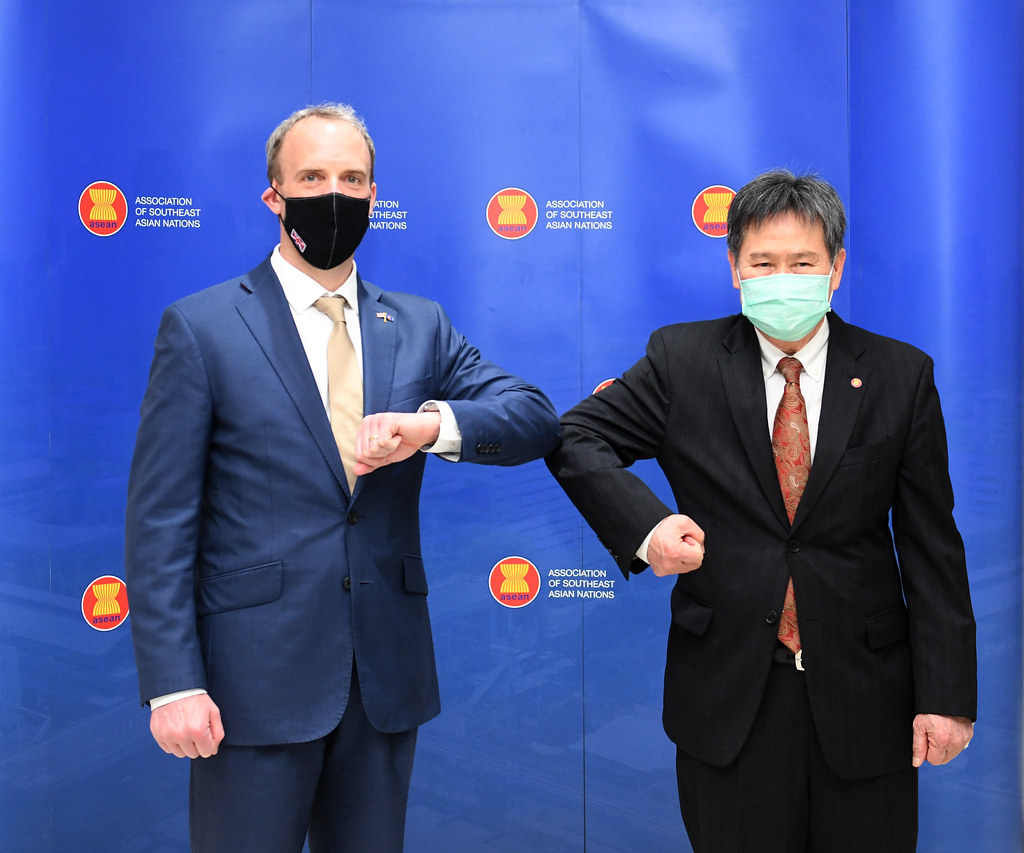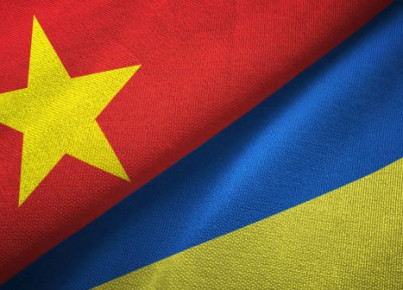In rebuilding its political and trade relations after Brexit, London looks to the Indo-Pacific, and in particular to the emerging economies of Southeast Asia
In March, Prime Minister Boris Johnson presented the document Global Britain in a competitive age 2021 to the British Parliament. The British foreign policy report shows London's intention to rebuild autonomous post-Brexit international relations, particularly with the Indo-Pacific region. The idea of a United Kingdom mediating between the European Union and the United States is indeed history. Today, the country looks at East Asia, and in particular at the emerging economies of Southeast Asia, to celebrate its renewed international autonomy. In reality, despite the declaratory tones of Global Britain 2021, the country is nothing more than a middling power in a multipolar world, but it seems to have understood that the center of gravity of the new global order lies precisely in Asia.
During the last months of 2020, Prime Minister Johnson began to weave the ranks of new trade agreements with Japan and Australia, but also Singapore and Vietnam. The country has in fact rushed to regulate trade ties with two of the most prosperous ASEAN economies. The agreement with Singapore, signed last December, essentially replicated the previous one with the EU. The country is a key financial and commercial hub for many multinational corporations operating in the region, and the UK is the main destination for Singaporean FDI. Also in Vietnam, the free trade agreement with the EU has been replaced by a new bilateral agreement that gives the UK access to preferential tariffs. Education, energy, infrastructure and health care offer much opportunities for British exporters, but most of the trade between these two countries takes place in terms of imports of clothing, footwear, rice, seafood and wooden furniture from Vietnam.
In addition, Foreign Secretary Dominic Raab has visited several countries in Southeast Asia, such as Singapore, Malaysia, and most recently Indonesia. His aim was to strengthen economic relations with emerging economies, but also to reaffirm that the United Kingdom is available to cooperate for regional security. Finally, International Trade Secretary Liz Truss said negotiations for Britain's membership of the Comprehensive and Progressive Trans-Pacific Partnership (CPTPP) will take place this year. The British participation in the agreement that establishes one of the largest free trade areas in the world would be to the full benefit of relations with ASEAN countries.
So, unlike France, Germany and the Netherlands, the UK has not planned an official strategy for the Indo-Pacific yet, but it is working on it. A series of signs hint at the country's posture, particularly interested in the emerging economies of Southeast Asia, and by joining the CPTPP, Great Britain could finally graft the future of its trade relations in this region. The British foreign policy of 2021 is therefore a litmus test of an economic order that is now mainly played out in East Asia.






